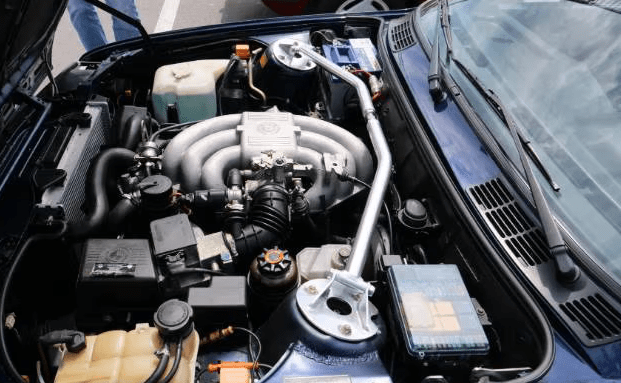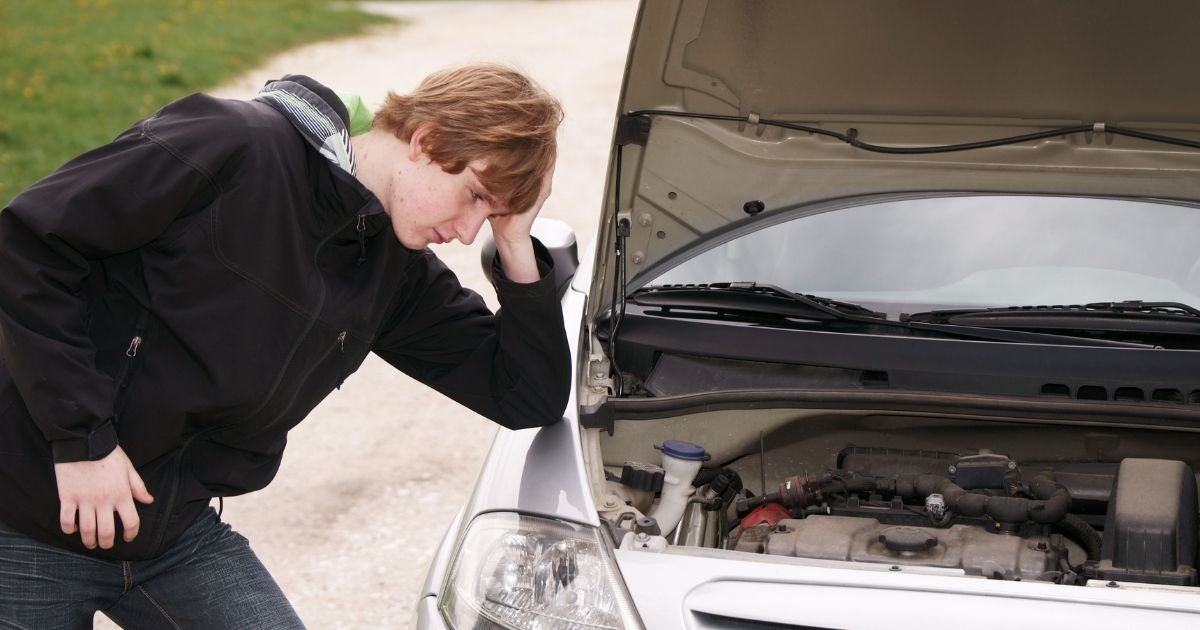Car Engine Car Accidents Preventive Measures
Whether you've been injured in an accident, are dealing with a personal injury claim, or facing another legal issue, Mendez & Sanchez APC is here to fight for you. Contact us today for a free, no-obligation consultation.
Call Us Now.png&w=3840&q=75)
Car engines are complex machines that power our vehicles, providing us with the ability to travel efficiently and conveniently. Unfortunately, car accidents can occur due to various reasons, and these accidents can have a significant impact on car engines. In this article, we will explore the relationship between car engines and accidents, common causes of car accidents, the impact of accidents on car engines, preventive measures, and important steps to take after a car accident.
Car accidents are distressing events that can lead to injuries, property damage, and sometimes even fatalities. While the focus of most discussions surrounding car accidents revolves around personal safety, it is essential to understand the impact accidents can have on car engines as well. Car engines, being the heart of a vehicle, can suffer damage due to the forces involved in accidents. Whether it's a minor fender bender or a severe collision, car engines are susceptible to harm.
Understanding Car Engines
Before delving into the impact of car accidents on engines, it's important to have a basic understanding of how car engines function and their components. Car engines are intricate systems that convert fuel into mechanical energy, propelling the vehicle forward. They are composed of several key components working together to achieve this process.
Components of a Car Engine
A car engine consists of various parts, including the engine block, pistons, valves, crankshaft, camshaft, spark plugs, fuel injectors, and more. Each component has a specific role to play in the engine's operation, ensuring the combustion process occurs smoothly and efficiently.

Types of Car Engines
There are different types of car engines, such as gasoline engines, diesel engines, hybrid engines, and electric motors. Gasoline engines are the most common, utilizing spark plugs to ignite the fuel-air mixture. Diesel engines, on the other hand, compress air to raise the temperature, allowing the fuel to ignite. Hybrid engines combine the use of an internal combustion engine and an electric motor, offering improved fuel efficiency. Electric vehicles solely rely on electric motors powered by batteries.
Understanding Engine Safety Features
To minimize the impact of accidents on car engines, manufacturers have implemented various safety features. These features aim to protect the engine and its surrounding components, ensuring their integrity and reducing the risk of severe damage. Some notable engine safety features include:
Crumple zones
Modern vehicles are designed with crumple zones, which are specific areas that deform upon impact. These zones absorb and disperse the force of a collision, helping to protect the engine and passengers.
Reinforced engine compartments
Engine compartments are reinforced with strong materials to provide additional protection. Reinforcements help prevent direct impact on vital engine components, reducing the likelihood of severe damage.
Common Causes of Car Engine Accidents
There are several factors that can contribute to car accidents related to the car engine. Here are some of the most common causes:
Engine Failure
Engine failure is a common cause of car accidents. This can happen for several reasons, including lack of maintenance, worn-out parts, or manufacturing defects. When the engine fails, the driver may lose control of the vehicle, resulting in an accident.

Overheating
Overheating is another common cause of car engine accidents. This can happen when the engine is not properly cooled, or when there is a leak in the coolant system. Overheating can cause the engine to seize up, making it difficult or impossible for the driver to control the vehicle.
Fuel-Related Issues
Fuel-related issues can also contribute to car engine accidents. For example, if there is a leak in the fuel system, the engine may not receive enough fuel to run properly. This can cause the engine to stall or stop working altogether, potentially leading to an accident.
Electrical Problems
Electrical problems can also cause car engine accidents. For example, if the battery is not working properly, the engine may not start. Additionally, if there is a problem with the alternator or the wiring, the car may stall or lose power while driving, which can be dangerous.
Prevention of Car Engine Accidents
Preventing car accidents related to the car engine involves regular maintenance and attention to detail. Here are some tips for preventing car engine accidents:
Regular Maintenance
Regular maintenance is essential for keeping the car engine running smoothly and safely. This includes changing the oil, checking the coolant level, and inspecting the spark plugs and other components. By keeping up with regular maintenance, drivers can avoid many common causes of car engine accidents.
Pay Attention to Warning Signs
Drivers should pay attention to warning signs that indicate a problem with the car engine. For example, if the engine is making unusual noises or if there is a burning smell, it may be time to take the car in for inspection. Additionally, if the "check engine" light comes on, drivers should take the car to a mechanic as soon as possible.
Drive Safely
Safe driving habits can also prevent car accidents related to the car engine. Drivers should avoid aggressive driving, maintain a safe speed, and follow all traffic laws. By driving safely, drivers can reduce the risk of an accident caused by mechanical failure.


